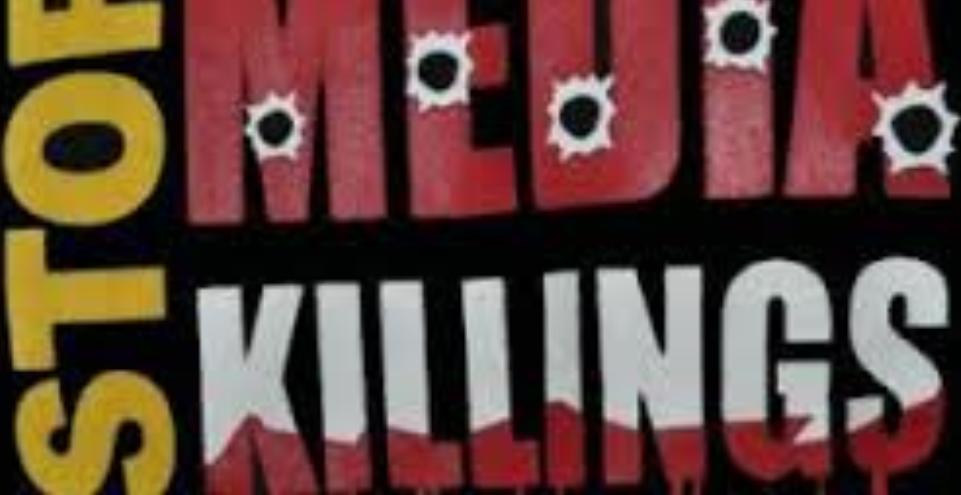
Journalists recount stories of assault, seek laws for better protection
Fake encounter killings, jail on trumped up charges, false rape cases, brutal murders, police lathi charge that has sent one to the ICU -- these are only a few examples of the violence journalists in India face from the state machinery. Testimonies from members of the press from across the country, given in New Delhi on Sunday, thoroughly punctured any projected image of India as a democratic space that protects the freedom of press. These testimonies were part of the National Consultation on Media and Law, co organised by the Human Rights Law Network. Every journalist who spoke there asked for better laws for protection of journalists, seeing it as fundamental to the safeguard the integrity of the press.
Easily the most frightening story was of Amar Ujala's Samiuddin Neelu, who in 2005 was kidnapped by a special unit of the Uttar Pradesh police, driven to a remote location, made to write a suicide note while the police planned to off him in an 'encounter' killing. His crime was to write stories on land grab, corruption in local politics, sterilisation schemes being run as scams. He survived only because he told the police that he had written letters to the state government, the National Human rights Council and the Press Council of India, and should he be killed they would be caught. Therefore, the police chose to imprison him on charges of poaching and smuggling by planting sandalwood and parts of endangered animals. Earlier he had found out that the cops were going to entrap him in a rape case, hence he had written letters as a pre-emptive strike.
The case blew up, drawing the ire of the PCI and the NHRC on the SP government and the subsequent BSP government. However, ten years on, there is no FIR, he has not been paid any compensation and his police protection has been withdrawn. These testimonies heavily implicated government machinery in the crackdown on press, as police forces in different states either assaulted these reporters or protected the men who attacked them. Uttar Pradesh journalists Vikas Kumar, Neelu, Ayan Ghoshal from West Bengal, Pankaj Varshney from Uttarakhand, Birendra Panigrahi from Orissa and Jatin Desai from Maharashtra shared either first-hand accounts or those of their peers who had died.
Panigrahi narrated the incident of TK Acharya whose throat was slashed after he reported on illegal child labour in a cashew plant. Ghoshal, working with Zee Media in Bengal, was brutally beaten by a mob capturing EVM machines on polling day outside Kolkata in 2014. Same was the case with Kumar who covered the Vidhan Sabha elections in 2011, and was thrashed by SP workers, while the police, realising that the SP's victory was imminent refused to help.
No help by the police was a common refrain in these stories, leading the collection of journalists to ask for better laws for their protection, and empowerment of the PCI. As Desai said that the recent government figures of 113 cases of atrocities against the press in 2014 cannot possibly be correct, as in Maharashtra alone 50 journalists had been attacked last year. These figures, in every state, increase with each year, showing how the state gets away with direct or endorsed assault with impunity. As cries for freedom of speech and freedom of the press get hoarser, the Indian state is going the way of more surveillance, as date from Facebook's 2014 Global Governance Requests report shows that India made 5473 requests for data and identities in the latter half of the year alone.
http://www.dnaindia.com/india/report-journalists-recount-stories-of-assault-seek-laws-for-better-protection-2112708
STORY BY

Mumbai Press Club
Editor
Article posted on 10/08/2015
- Share This Story On:




